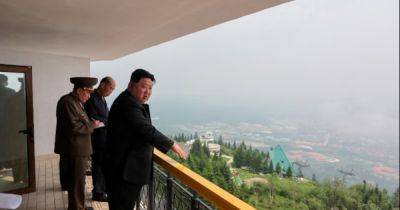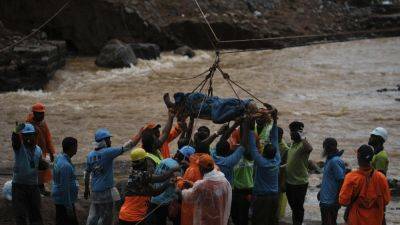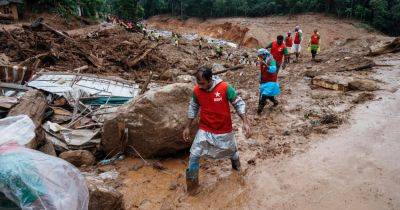Climate without borders
August 16, 2024
ISLAMABAD – CLIMATE change does not need passports as it does not respect borders. Pakistan’s climate risks are rooted in shared ecosystems with its neighbours.
Major regional climatic developments and trends often cast a shadow on our national economic progress and well-being. Our climate threats originate in regional climate systems, often located in neighbouring countries. In fact, as climatic changes unfold, new ‘climate borders’ may emerge, requiring a distinct form of regional climate diplomacy.
From the Bay of Bengal to the Arabian Sea, and from the Tibetan Plateau to the Pamirs that link the Karakorams and Hindu Kush ranges, they are all part of the Himalayan mountain system defining Pakistan’s water resources, ecology, economy, and cultural heritage. As the entire region is recording profound changes in monsoon patterns, all our climate neighbours have begun to experience compound extreme weather events (CEWEs), whereby each climate disaster triggers another one.
Like Pakistan, our climate neighbours have also been witnessing CEWEs. In the South Asian landmass, dry areas have become drier with less than normal precipitation coupled with less cooling off at night. The frequency of hot summer days and hot summer nights has increased in the region. Record-setting daily temperatures have become more common. We have seen that heatwaves have often triggered torrential rains as experienced recently in several parts of India and Pakistan.
Record-high temperatures in Delhi and Lahore, for example, have resulted in record-breaking rains in both cities. It should be recognised that flooding is often attributed to weak governance rather than climate change. We have seen severe heatwaves in the upper Indus







